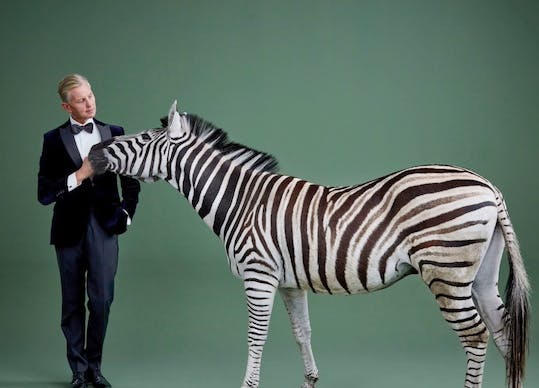
Will Friday Diplomacy With the Islamic Republic Lead to a Military Strike?
By BENNY AVNI
|He introduces each selection with a hysterically understated description delivered in a total deadpan, then stands board-stiff and sings in a high bari-tenor completely authentic to the period.

Already have a subscription? Sign in to continue reading

By BENNY AVNI
|
By BRADLEY CORTRIGHT
|
By CARLOS SOUSA
|$0.01/day for 60 days
Cancel anytime
By continuing you agree to our Privacy Policy and Terms of Service.